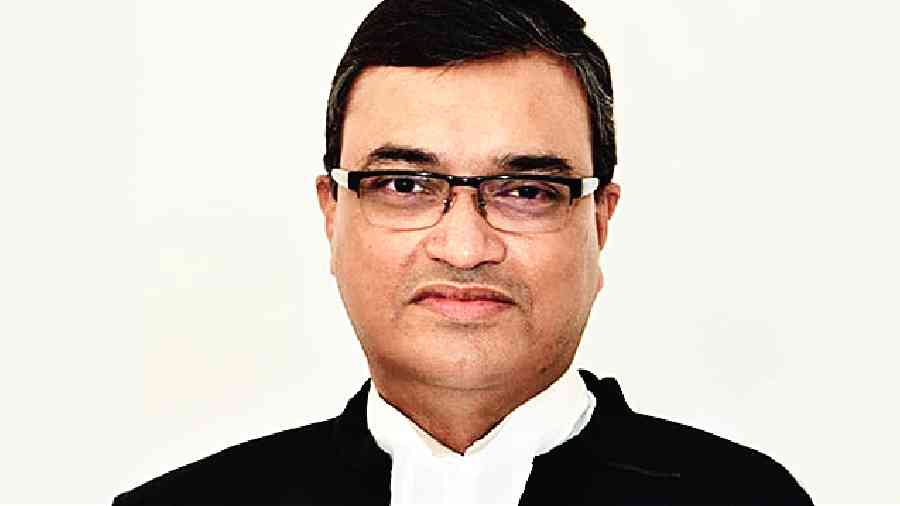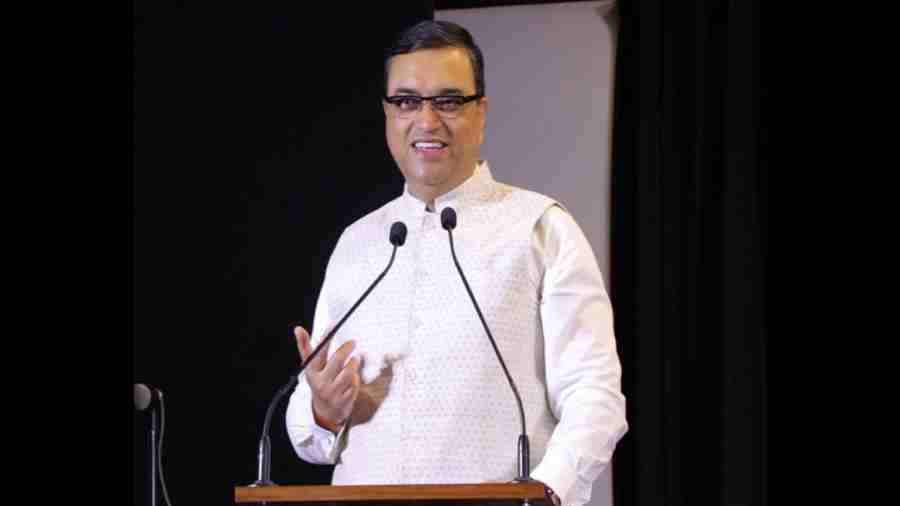Chief Justice of India (CJI) D Y Chandrachud will on Monday administer the oath of office to Justice Dipankar Datta whose name was cleared by the Centre for judgeship in the Supreme Court.
Justice Datta, son of late Salil Kumar Datta, a former judge of the Calcutta High Court, and brother-in-law of Justice Amitava Roy, who was a former judge of the apex court, will take oath at 10.30 AM in courtroom 1 of the Supreme Court.
With the swearing in of Justice Datta, the outgoing Chief Justice of the Bombay High Court, the total number of judges at the apex court will go up to 28 against the sanctioned strength of 34, including the CJI.
On Sunday, the Department of Justice in the Union Law Ministry issued a notification announcing his appointment.
Born on February 9, 1965, Justice Datta turned 57 this year and will have a tenure till February 8, 2030. The retirement age in the apex court is 65.
His name was recommended by the Supreme Court Collegium then headed by Justice U U Lalit (now retired) in September last year.
Justice Datta was elevated to the bench of the Calcutta High Court as a permanent judge on June 22, 2006.
He was elevated as the Chief Justice of the Bombay High Court on April 28, 2020.
According to details available on the website of the Calcutta High Court, he was awarded an LL.B. degree by the University of Calcutta in 1989 and he enrolled as an advocate on November 16, 1989.
He was the junior standing counsel for the State of West Bengal from May 16, 2002 to January 16, 2004 and was also a counsel for the Union of India since 1998.
He was a guest lecturer on Constitutional Law of India at the University College of Law, University of Calcutta, from 1996-97 to 1999-2000.












